

This comprehensive guide explores the world of anchor bolts, providing essential information for selecting the appropriate type for your specific project. We'll delve into different anchor bolt types, their applications, installation methods, and factors to consider for optimal performance and safety. Learn how to choose the best anchor bolt for your needs, from understanding load capacity to considering material compatibility.
Expansion anchor bolts are widely used for their ease of installation and versatility. They work by expanding within a drilled hole, creating a secure grip in various materials like concrete, brick, and masonry. The expansion mechanism can vary, with options like wedge-type, sleeve-type, and chemical expansion systems. Their holding power is largely dependent on the material they are installed in and the size of the expansion element. While generally cost-effective, their performance can be affected by material imperfections.
Sleeve anchor bolts utilize a threaded sleeve inserted into the drilled hole. The bolt is then driven through the sleeve, expanding it against the hole's walls. This type provides good holding power and is suitable for various materials. They're often preferred for applications requiring high tensile strength and are easily installed, but may require careful hole preparation for optimal performance.
Drop-in anchor bolts are designed for simplicity and speed. These bolts are dropped into a pre-drilled hole and secured with a setting tool. This makes them ideal for mass production or high-volume installations where speed is a priority. However, their holding capacity may be lower compared to expansion or sleeve anchors. The right setting tool is crucial to guarantee secure installation.
Concrete screw anchors offer a quicker installation process than other options. These anchors are threaded, self-drilling, and can be installed with a standard drill. This makes them suitable for applications that require less precise hole preparation. However, they typically offer a lower holding power compared to expansion anchors. Note that the material of the screw should be matched with the type of concrete for better longevity.
Selecting the correct anchor bolt involves considering several crucial factors:
Proper installation is critical for ensuring the structural integrity and safety of the application. Always refer to the manufacturer's instructions for specific guidelines. Generally, proper drilling depth and diameter is vital, as is using the right tools and techniques to avoid damaging the anchor or the base material.
For high-quality anchor bolts and related hardware, consider exploring reputable suppliers with a proven track record. [Hebei Muyi Import&Export Trading Co.,Ltd] is one such example, offering a wide variety of fasteners for diverse applications. Always check certifications and compliance with relevant industry standards before purchasing.
| Anchor Type | Holding Power | Installation Difficulty | Cost |
|---|---|---|---|
| Expansion Anchor | High | Medium | Medium |
| Sleeve Anchor | High | Medium | Medium-High |
| Drop-in Anchor | Medium | Low | Low |
| Concrete Screw Anchor | Medium-Low | Low | Low |
Remember, choosing the wrong anchor bolts can lead to structural failures and safety hazards. Always prioritize safety and consult with professionals if unsure about selecting the appropriate type for your project.


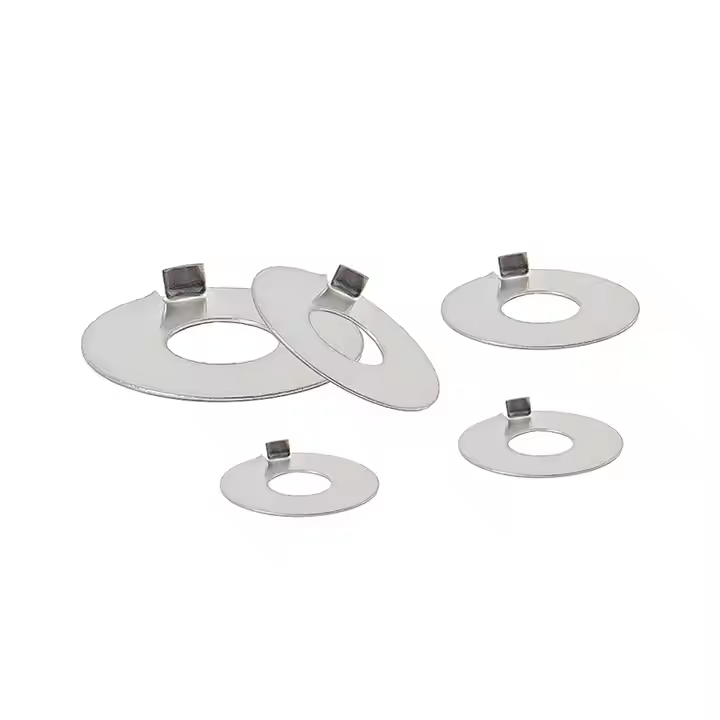

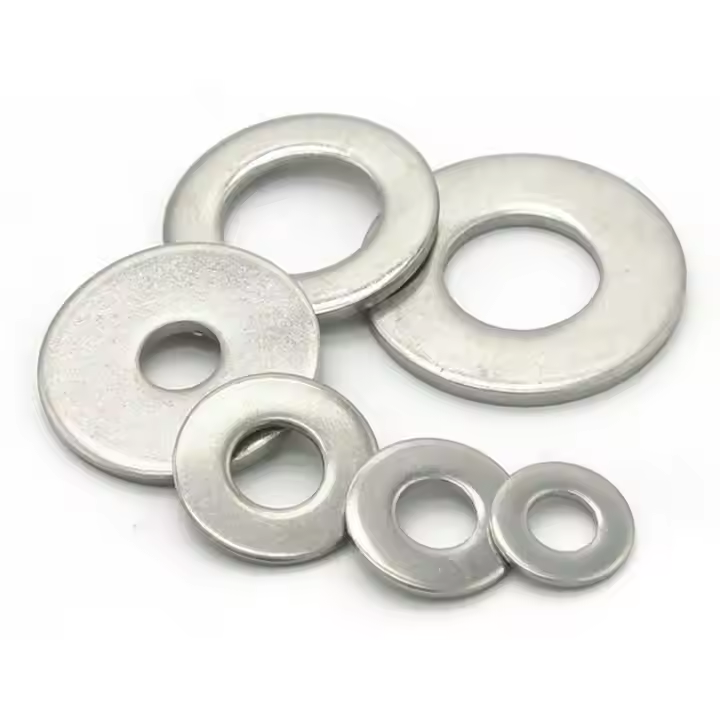
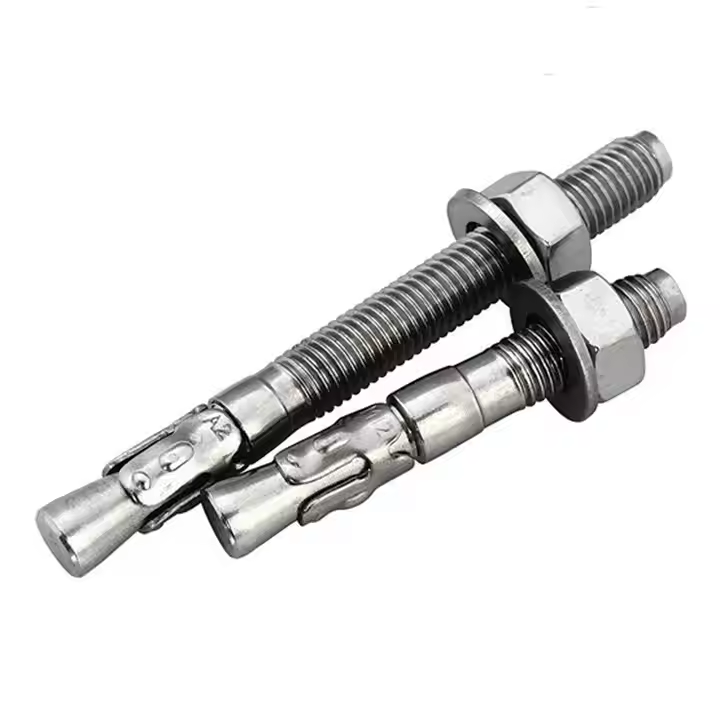
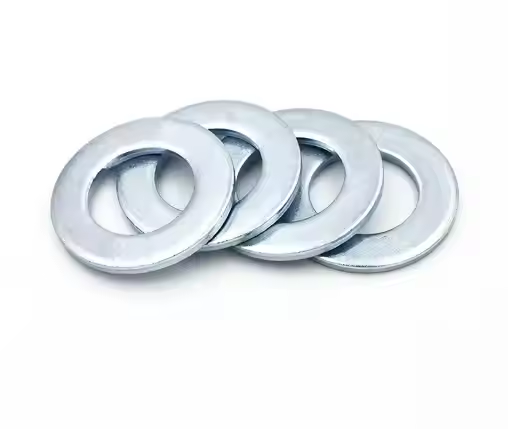

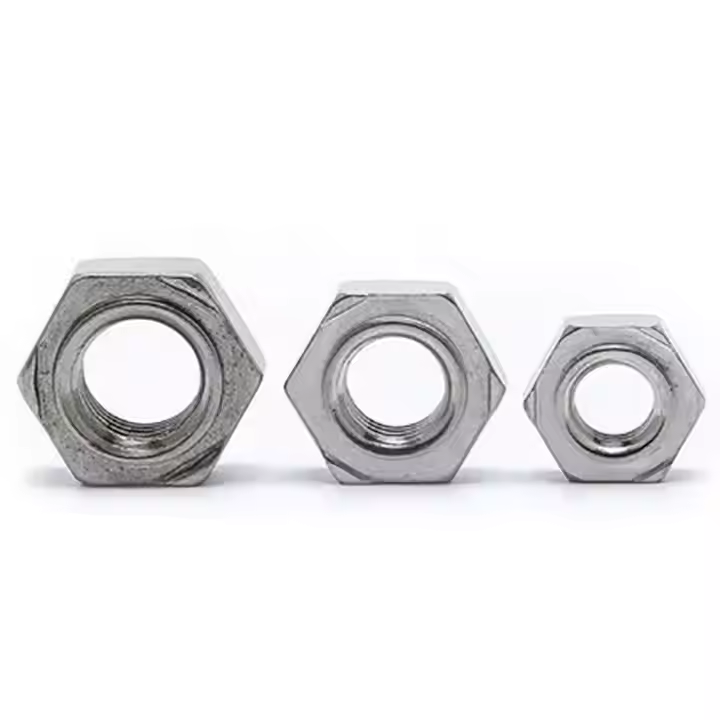
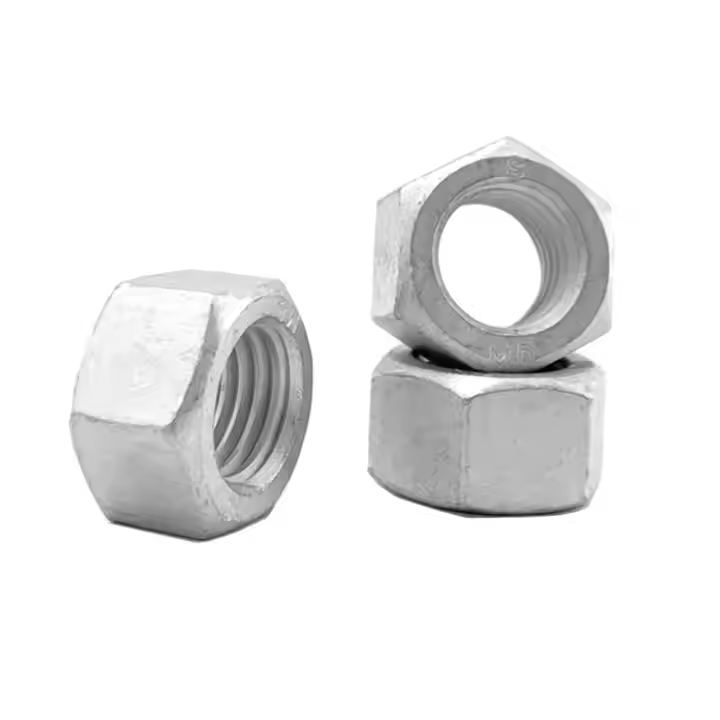
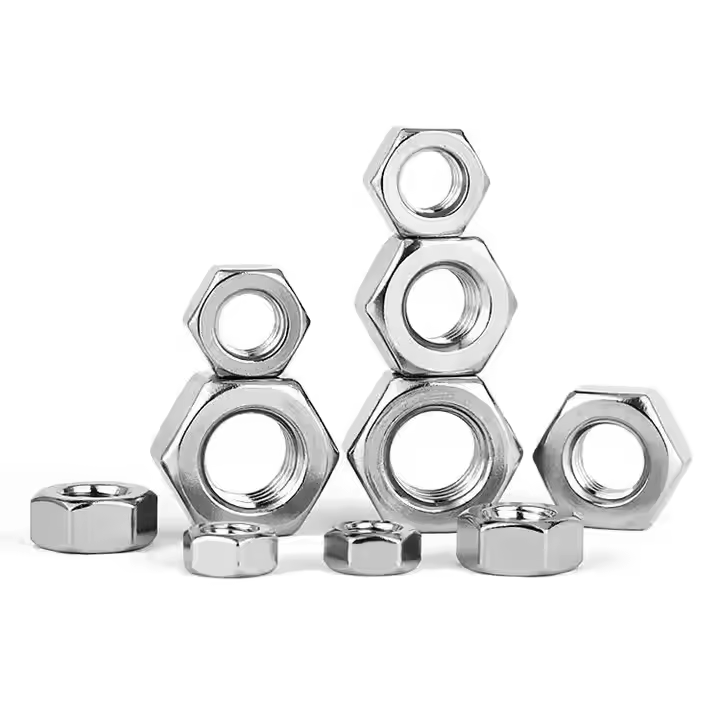

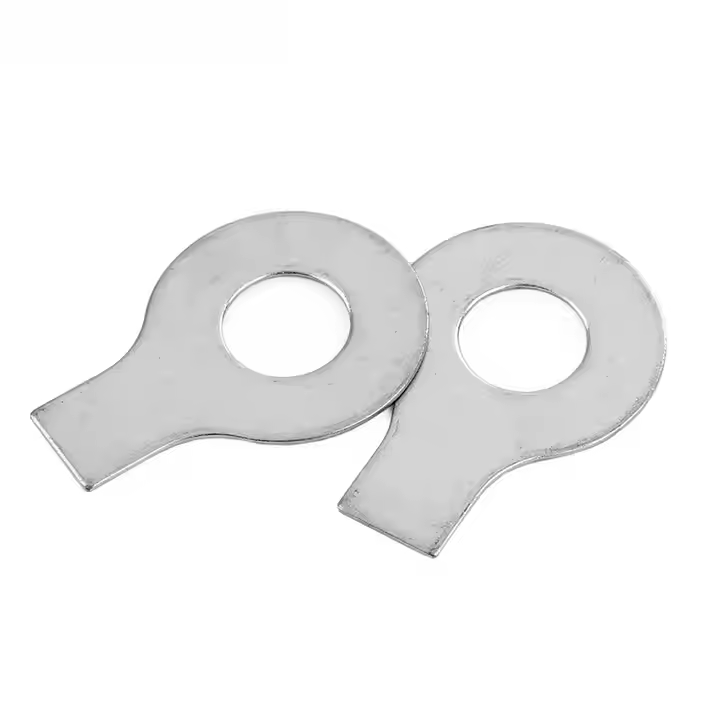
Please enter your email address and we will reply to your email.